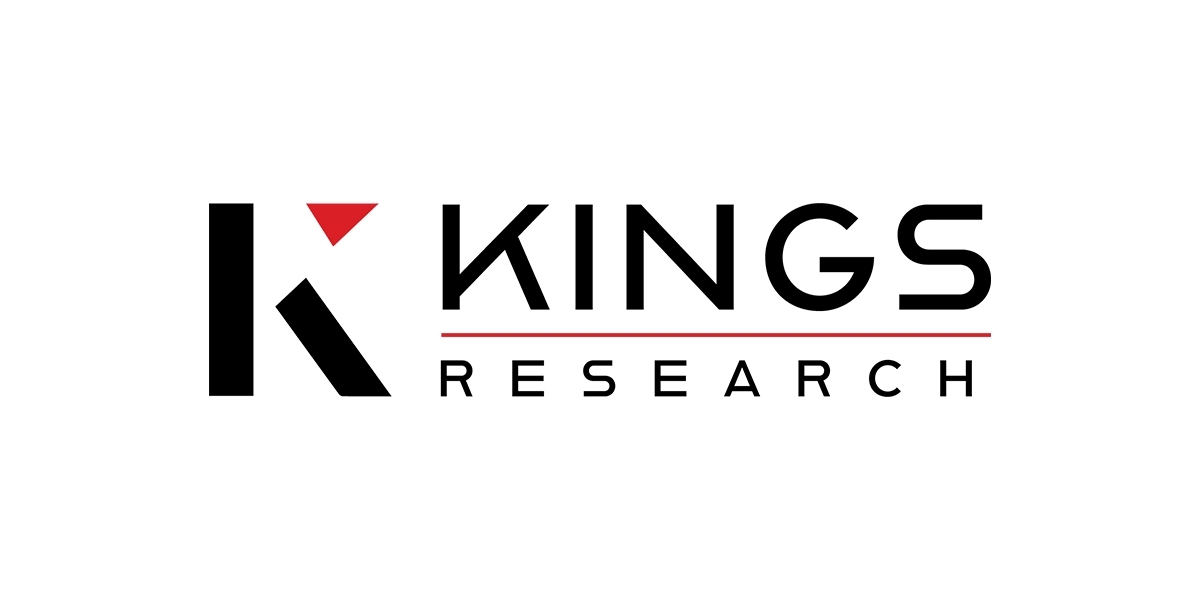Overcoming alcohol addiction is a challenging process that requires both professional support and personal determination. Best Rehabilitation centers in India offer a structured environment and a range of therapies to help individuals break free from alcohol dependence. With the right approach, these centers guide individuals through detoxification, counseling, and relapse prevention, offering a comprehensive path to recovery.
Detoxification and Medical Supervision
The first step in overcoming alcohol addiction is detoxification, which involves cleansing the body of alcohol. This process can be difficult, as withdrawal symptoms such as nausea, tremors, and anxiety may occur. In a rehabilitation center, medical professionals provide 24/7 supervision to manage these symptoms and ensure a safe detox process.
Medications may be prescribed to ease withdrawal symptoms and reduce cravings. This medical care ensures that the detox phase is as comfortable and risk-free as possible, allowing the individual to move forward in their recovery.
Psychological Counseling and Support
Addressing the psychological aspects of alcohol addiction is crucial for long-term recovery. Rehabilitation centers provide access to professional counselors who help individuals explore the emotional triggers and underlying causes of their addiction. Through individual counseling sessions, patients learn to identify patterns of behavior that lead to drinking and develop healthier ways to cope with stress.
Group therapy is also an integral part of treatment. In group sessions, individuals can share their experiences, receive support from others facing similar struggles, and build a sense of community. This collective support helps reduce feelings of isolation, which often accompany addiction.
Cognitive Behavioral Therapy (CBT) and Other Therapies
Rehabilitation centers use evidence-based therapies like Cognitive Behavioral Therapy (CBT) to address alcohol addiction. CBT helps individuals recognize negative thought patterns and behaviors that contribute to their drinking. By replacing these with healthier, more constructive thoughts, individuals can reduce their reliance on alcohol.
Other therapies, such as Motivational Enhancement Therapy (MET) and mindfulness practices, are often used to support recovery. These approaches focus on building motivation for change and helping individuals manage cravings and emotional triggers effectively.
Inpatient and Outpatient Programs
Rehabilitation centers offer both inpatient and outpatient treatment options, depending on the severity of the addiction. Inpatient programs provide a structured environment where individuals live at the center and receive intensive care for a specified period. This approach is ideal for those who need constant support and supervision.
Outpatient programs, on the other hand, allow individuals to attend therapy sessions while living at home. This is a more flexible option, especially for those with work or family commitments, but still offers professional guidance and support.
Relapse Prevention and Aftercare
One of the most important aspects of overcoming alcohol addiction is preventing relapse. Rehabilitation centers teach individuals strategies for recognizing triggers and managing cravings to avoid returning to alcohol. Aftercare services, such as regular follow-up counseling and support groups, provide ongoing support once the individual completes the initial treatment.
These aftercare services are essential for maintaining sobriety in the long term. Rehabilitation centers often include relapse prevention programs that focus on building healthy habits, stress management, and creating a strong support network.
Family Support and Involvement
Alcohol addiction not only affects the individual but also impacts their family. Rehabilitation centers offer family therapy and education programs to help loved ones understand the nature of addiction and how they can support the recovery process. A strong family support system can play a critical role in helping individuals stay sober.
Family members also learn how to manage their own emotional responses and create a positive, supportive environment for the recovering individual. This holistic approach helps rebuild relationships and strengthens the individual’s commitment to sobriety.
Building a New Lifestyle
Recovery from alcohol addiction requires more than just quitting drinking. It involves creating a new, fulfilling lifestyle that replaces old habits with positive activities. Rehabilitation centers help individuals establish healthier routines, engage in hobbies, and set goals for personal growth.
By developing a new sense of purpose and building meaningful connections, individuals can create a life free from the influence of alcohol. This holistic approach ensures a more sustainable recovery and a better quality of life.
Conclusion
Overcoming alcohol addiction with the help of a alcohol rehabilitation center in India involves detoxification, therapy, and long-term support. Through medical supervision, psychological counseling, and relapse prevention strategies, individuals can regain control of their lives. With the right support system and a commitment to change, recovery is possible, leading to a healthier and more fulfilling life free from alcohol addiction









